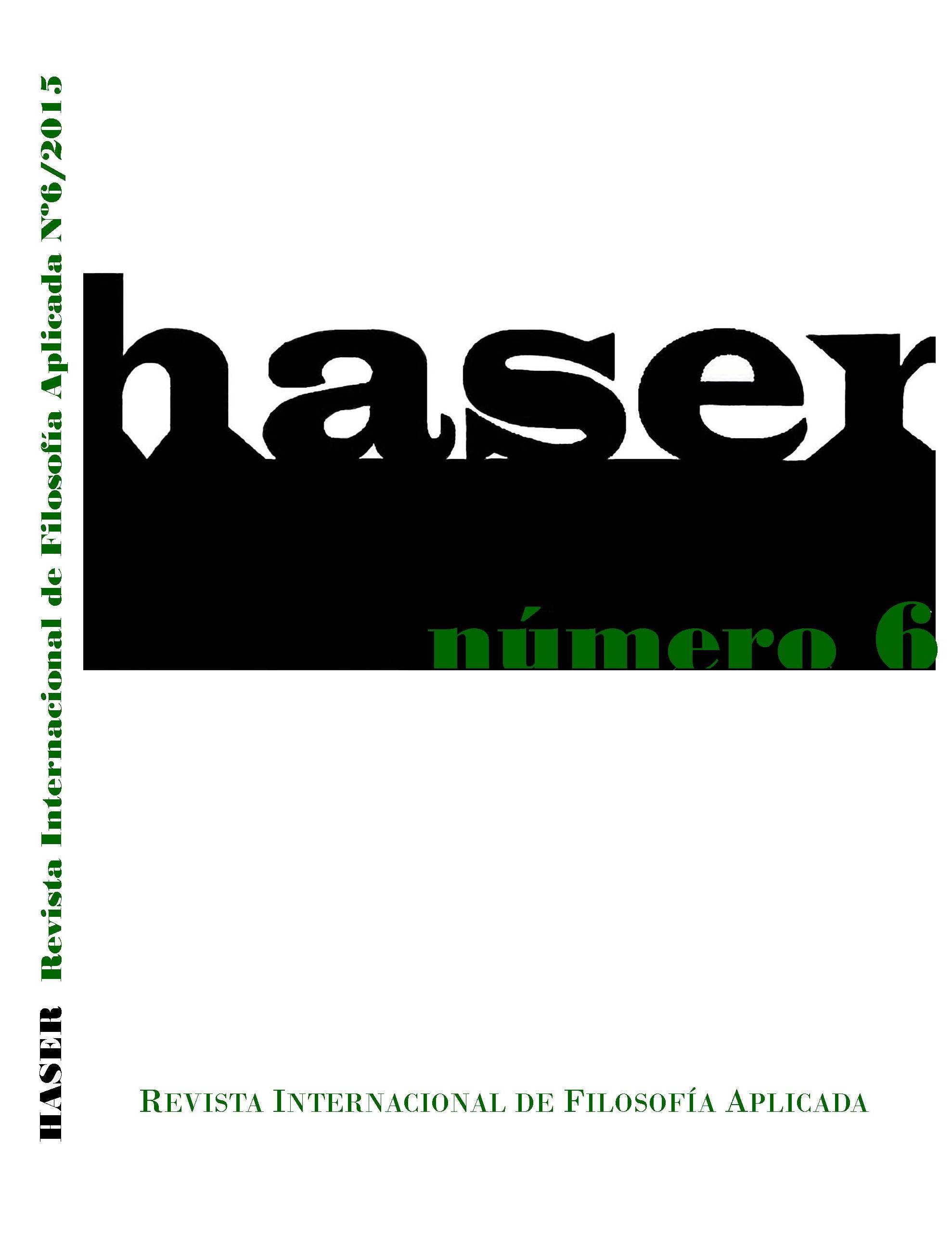SHAFTESBURY AS A PRACTICAL PHILOSOPHER
Resumo
Anthony Ashley Cooper Shaftesbury (1671-1713), the British Enlightenment philosopher, put on the agenda the practice of philosophy. The most important Modern Socratic made philosophy important for this happiness-driven century in a way that his contemporaries could not. Not only did he use philosophy to educate a new class of citizens, but he made philosophy necessary for virtue and virtue indispensable for happiness. In contradistinction to his tutor, John Locke, and his followers who made pleasure the content of happiness, Shaftesbury’s combined neo-Stoicism and neo-Aristotelianism accounted for his equating virtue with happiness, thus making of philosophy as "the study of happiness" a necessity for all.
Downloads
Downloads
Publicado
Como Citar
Edição
Seção
Licença
Los autores/as que publiquen en esta revista aceptan las siguientes condiciones:
1. Los autores/as conservan los derechos de autor y ceden a la revista el derecho de la primera publicación, con el trabajo registrado con la licencia de atribución de Creative Commons, que permite a terceros utilizar lo publicado siempre que mencionen la autoría del trabajo y a la primera publicación en esta revista.
2. Los autores/as pueden realizar otros acuerdos contractuales independientes y adicionales para la distribución no exclusiva de la versión del artículo publicado en esta revista (p. ej., incluirlo en un repositorio institucional o publicarlo en un libro) siempre que indiquen claramente que el trabajo se publicó por primera vez en esta revista.
3. Se permite y recomienda a los autores/as a publicar su trabajo en Internet (por ejemplo en páginas institucionales o personales) antes y durante el proceso de revisión y publicación, ya que puede conducir a intercambios productivos y a una mayor y más rápida difusión del trabajo publicado (vea The Effect of Open Access).
- Resumo 753
- PDF (Español (España)) 90


